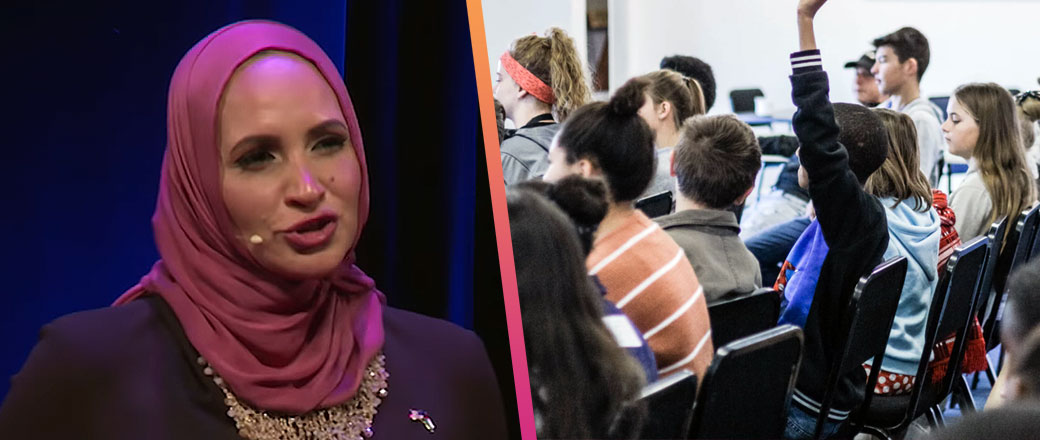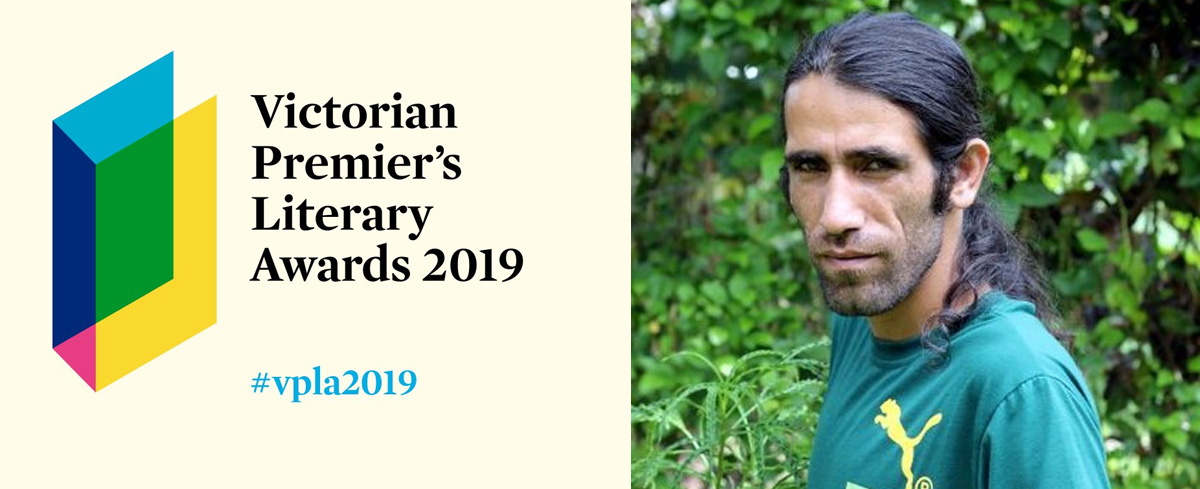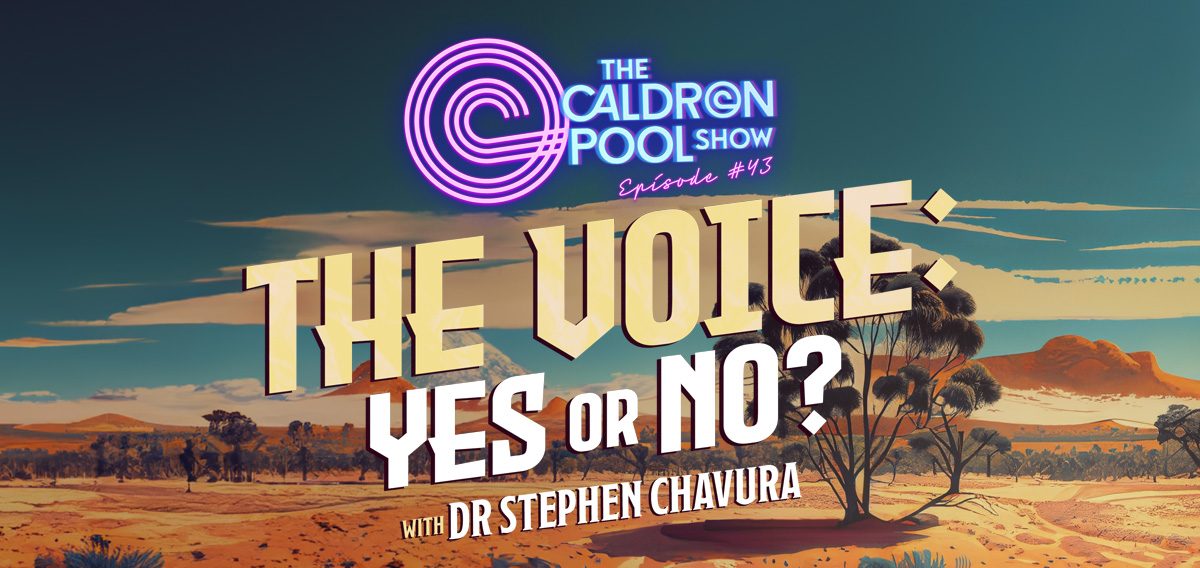This book is getting a lot of attention – and opposition. But it is worth being aware of:
In America at least plenty of folks are talking about ‘Christian nationalism’ – usually used as a term of abuse and derision. The secular left (and some Christians) see it as some sinister plot along the lines of what is found in The Handmaid’s Tale.
So when a Christian author comes along seeking to make the case for Christian nationalism, all hell tends to break loose. Already a number of books have appeared on this, both pro and con. The most substantial and significant volume seeking to make the case for it is by Stephen Wolfe.
This is the second of several pieces that looks at his new book which is getting a lot of attention, as well as causing no small amount of controversy. Given that it is a tightly argued and carefully crafted work of nearly 500 pages, dealing with rather complex and difficult topics, a short review can hardly do it justice.
Thus I am doing a series of articles on this volume. Yesterday I looked at one particular aspect of the book.
Here I just want to offer some big-picture preliminary thoughts, before I can even attempt to try to both describe and assess the case he is seeking to make. So here are some prefatory remarks that are worth making. Stay tuned for future articles which will be a bit more in line with a proper book review.
Before I go any further, let me make one minor criticism. This large book has no index. So before I could adequately discuss it or properly review it, I had to create my own index. That I did over a 24-hour period, listing at least the major issues and points of note. In what follows I will include page numbers along the way.
And before listing my preliminary concerns, let me try – as foolish as it might be – to give the skimpiest of outlines of his case. It would run something like this:
- There was, even before the fall, the need for some sort of social organisation and order.
- Love of family, kinship, and even liking one’s nation are not necessarily bad things (although they can become bad).
- There is no neutral public square. If it is not one informed by Christianity, it will be informed by some other competing worldview.
- There is a place for like-minded Christians having communities and nations reflecting their beliefs and values – including the use of civil rulers to help affirm and maintain this to some extent.
Wolfe says his intent is this: “[M]y goal is to reinvigorate Christendom in the West – that is my chief aim” (119). But that term, like ‘Christian nationalism,’ needs to be carefully defined – which Wolfe seeks to do. However, as mentioned, I will seek to tease all this out much further in some sort of proper book review – or two! So stay tuned. But here are a few prefatory remarks.
First, this is an important book. That is because it deals with some very important topics, especially including the two things we are NOT supposed to discuss in polite society: politics and religion. These are topics that have been discussed for millennia by philosophers, theologians, historians, political scientists, and ethicists. They are bound to be big topics, and thus not easily digested or understood in short sound bites or quotes.
But to say this book is important is not to say that I necessarily agree with all of it. Das Kapital is important, as is The Origin of the Species (not that I am lumping Wolfe’s book in with these two). One can differ quite a bit with significant titles. But they are worth being aware of and interacting with.
Also, like most authors writing about such topics, there will be a starting point, a worldview, or a set of presuppositions that guide the writer. If one has fundamental differences with those starting points, then chances are the argument as a whole may not be embraced.
Wolfe certainly has his own points of reference. First of all, he is an American, and much of this book of course reflects Christianity in America, along with the rest of the West. In many respects America did have a unique founding – many would argue a Christian founding – so those from other nations may not be fully in sync with what is being presented here.
And he does clearly make known his own theological biases. He is a Protestant of Presbyterian orientation. As he says early on: “I assume the Reformed theological tradition. . . . [N]one of my conclusions are, in substance, outside or inconsistent with the broad Reformed tradition” (16-17).
“This is a work of Reformed Christian political theory” (17). “My account of Christian nationalism is Presbyterian Christian nationalism” (20). He speaks of ‘pan-Protestant’ views now and then, but he is not averse to going outside of this camp. Indeed Aquinas is appealed to throughout. He says, “I pull mainly from the 16th and 17th centuries, in which Reformed theology was very Thomistic and catholic [small c]” (17).
So those who are not Reformed or not Protestant really should not pull out at this point. They will have much to gain from this book, even though they come from different starting points. He also states early on that this will be more of a theological, philosophical and political take on things, leaving the wealth of relevant biblical citations to those who have gone before.
Moreover, the fact that the book is published by Canon Press also should give away where the author is coming from. Pastor and Christian intellectual Douglas Wilson of Moscow, Idaho started this publishing company, so those who know a bit about where Doug is coming from will have a good idea where Wolfe is going.
Wilson, of course, can also be a ‘controversial figure,’ theologically, politically, and so on. The fact that I have 11 of his books tells you a bit about where I am coming from as well. But those who greatly dislike Wilson may have the same views about Wolfe.
Although perhaps going about things backwards here (maybe I should try to first lay out his case, and then look at the hot potato topics in light of that), let me mention a few particular issues, perhaps as a bit of a warning to some of my more squeamish readers.
But let me say this first: Another point he makes often is that this book offers the general principles, the overall case, for Christian nationalism. The fine details of how all this works out in practice are not covered much here. Various hints are given along the way, either in terms of how things might proceed, or how things worked out in early American life.
So I would hope a second volume is forthcoming, in which these curly questions, sensitive topics, and questionable applications are looked at in much more detail. Here are a few issues some folks might raise eyebrows over (and again, they really should be seen in the light of his overall argument).
He does believe that the civil authorities can have a role in dealing with things like blasphemy, heresy and the like (e.g. 293, 355). Before folks panic, recall that this in fact occurred in various ways in early American life. The reasoning is that really faulty theological views can have a real negative impact on individuals and the rest of society. Restraining some of the worst of beliefs – IN a self-identified Christian nation or community – may have a place.
But as he clearly argues throughout, any work of the civil authorities will never be able to transform the human heart or perform any inward changes (e.g. 182, 228, 253). That is something only Christ and the gospel can do. As I have often argued, there is a place of course for civil government, and its role in restraining evil or harmful activities does not depend on everyone first being a Christian. We expect non-Christians to observe stop signs, speed limits and the like just as much as believers.
His point is when we do have more or less homogeneous Christian communities or nations, then some of these restrictions can come into play. But even then, that does not mean shutting down mosques or banning non-believers. But as mentioned, how exactly this will work out needs to be spelled out in much greater detail, otherwise, the reader is left with too many legitimate questions.
Another brief point that will rile perhaps many is his view that biblical family life is hierarchical. Thus the husband is the head of the household (a view that all sorts of Christians would basically affirm anyway). But it gets a bit trickier when he hints at things like elections, where he suggests that men can vote on behalf of their families (73).
He does very briefly discuss how unmarried people and widows would participate in political life in such a scenario. But without going into much more detail here, many will take him to task. To state that most of human history acted this way may be true, but it may not be a satisfying answer.
Lastly, some may already be asking how his views relate to or differ from Theonomy, or Christian Reconstructionism, as in the works of Rushdoony, Bahnsen, and others. None of these authors are mentioned in the book, while Calvin, Reformed theologians, the Puritans, and as I say, Aquinas are quite often quoted.
But he does spend a few pages on theonomy (269-271) telling us where he differs from them. He says that his views may be theonomic, but they differ from most versions of modern theonomy: “Christian nationalism is a coherent alternative to modern theonomy that achieves the same or similar goals. . . . I deny, however, that the civil laws in the Mosaic law are immutable and universally applicable.”
And he does briefly look further at the Mosaic law, saying this: “[A]ll laws ought to be perfect and good. The Mosaic law was a perfect body of law for the Jewish people.” (265ff) Also, if you know much about 2 kingdom theology (as in VanDrunen et. al.), he does offer his views on it several times as well (e.g. 96ff).
In sum, while so much more can be said, there is much in this book worth thinking about and reflecting upon, even if one may well end up having almost as many questions as answers after going through its 480 pages. I still have a number of very real questions and do not agree with everything being said. A number of further articles will be needed to fully and properly present what he is saying, and how I might react to it.
This is a significant and valuable volume looking at some key issues and questions that have been debated for many centuries now. It will not be the last word on these matters by any means but might serve as a useful springboard for much more thought and discussion.
And if you are already considering stoning me or Wolfe as arch heretics, I suggest you first carefully read his book before you pick up your stones. You may then be even more upset or in even more disagreement, but at least you will properly know what it is you so dislike or disapprove of!


















